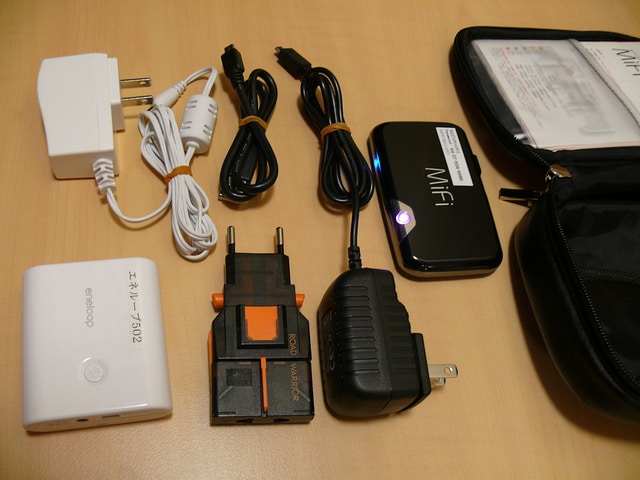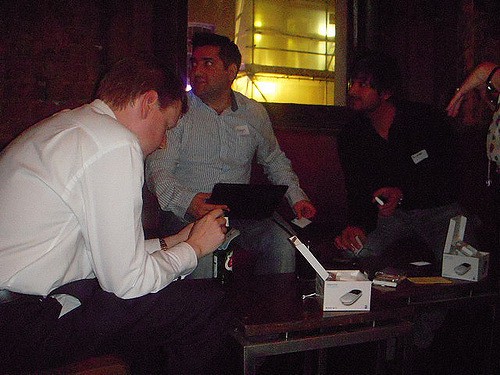Britain dealt with a number of power outages this year, partly due to the uncharacteristically warm weather. Some caused more chaos than others; Thorpe Park had to react to a number of blackouts that left visitors stranded in the heatwave onboard rollercoasters. Plus, over in Cambridgeshire, lightning strikes sparked more than 15 power outages in 24 hours.
Power cuts are problematic to many, but for companies, they can lead to heavy production and financial losses. It’s important for business owners to be ready to deal with power outages.
Power outages in the UK
Britain is very used to the problem of power cuts. In 1972, the miners’ strike caused major power issues and even a state of emergency to be declared, while Storm Frank in 2015 caused the loss of power to around 40,000 properties. Considering the UK has more than 17,000km of electricity cables, there’s a great deal of maintenance to keep on top of, which means a sudden storm or unexpected heatwave can cause significant issues.
There are a few different variants of power cuts. These include:
- Transient fault: lasting only a few seconds. This is a temporary fault, but power is automatically restored.
- Brownout: reduction in mains power supply that can last for a few days (e.g. lowered light levels) and cause machinery malfunction.
- Blackout: absolute power loss. As the most severe case of power outage, blackouts are often the most costly and difficult to recover from.
Between 2003 and 2012, 80% of power outages were caused by the weather, says Climate Central. Considering its unpredictability, it may be worth preparing your brand for future power cuts today.
The problem of a power cut for a firm
As a country, we’re pretty reliant on electrical power. But how do power outages usually interrupt and harm a business?
The shortest power cut can still run the risk of data loss. This may affect your company’s ability to achieve client deadlines on projects, if work and information is irretrievable and thus forcing your staff to start again. Blackouts and brownouts that last one or more days can mean your production lines simply cease to exist in practice. Of course, your staff are there and willing to work, which means they need paying regardless. However, your business won’t be able to create the products it needs to make a profit that day or even break-even. Similarly, if your business relies on a sales department, think of how much revenue you could lose if your team can’t contact people via phone or email to clinch new customer accounts.
Small businesses can lose £800 in one hour’s blackout. When Google lost their power in 2013, they experienced losses of £100,000 per minute! The reasons behind the losses vary. Not having access to electricity can mean that employees cannot communicate with customers and are therefore losing out on potential sales. For an ecommerce company, they do not have access to their website to monitor sales and client requests.
Small businesses can suffer hugely from the loss of unsaved data during a blackout. According to research, 23% of IT professionals surveyed claimed that an IT outage cost them between £10,000 to more than a £1 million an hour! In fact, IT downtime in the UK costs around £3.6 million and 545 productivity hours a year. To work out the average cost of downtime an hour, this is the general formula:
Employee cost per hour x fraction of employees affected by the power cut x average revenue for each hour x fraction of the revenue that was affected by the outage
Don’t be left helpless in a power outages — below, we will explore how to defend your company against them.
Lowering losses during a blackout
There will be different priorities to different companies when it comes to power cuts. If your brand relies on computers and data — as do most in 2018 at least to some degree — install a UPS (uninterrupted power supply) for all your computers. This will let the device run via its battery and will give the staff enough time, if a blackout happens, to save crucial documents and properly shut down the computer to ensure data is not damaged and can be recovered to keep projects on track. Saving on a cloud is also a great way to keep critical files safe.
If, like many, your firm relies heavily on the internet, a power cut will disconnect vital aspects of your company. By setting up a MiFi — a device that can operate as a Wi-Fi hotspot — your employees’ devices can connect to an ‘ad-hoc’ network to help you stay online and working in the event of a power cut.
Investing in a surge protector is a wise move if you want to protect your hardware and machines from being corrupted by a surge of power, and another sound investment would be an industrial generator. Industrial generators are robust and designed to comply with legal obligations for optimum efficiency in times of need. If your brand relies on the continuous operating of equipment and machinery, it’s vital that you invest in a generator to protect from major productivity and revenue loss as a result of power outages. However, a generator may not be enough, so consider LPG gas tank refill receptacles to help power machinery and equipment in a crisis, too.
A good business continuity plan can see your management and workers continue to work effectively during a blackout. Do this by creating a team or committee that will determine the specific risks to your business — a small IT company will have different points to consider compared to a large factory — and then draw up a detailed process for mitigating these risks. Also, always remember to unplug devices when your business has an interruption of electricity supply and make sure you only use electrical equipment that adheres to regulations set out by the British Standards Institution.
Power outages aren’t wholly preventable, but the damage to your business is. Follow these steps and prepare your company for a blackout situation.




